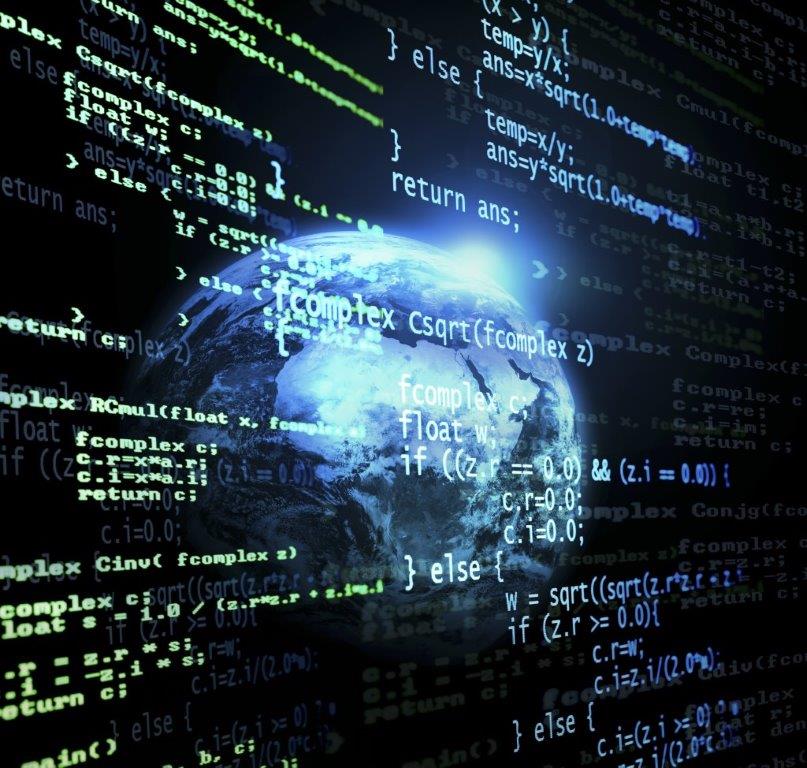- Category: February 2015 - Data Driven Marketing
 After the industrial and IT revolution, the digitization of all areas of life is spreading out, giving the impression that data is the next driver of great change. In fact, digitized data processing seems to go mainstream, since we start to generate data with almost everything we do today.
After the industrial and IT revolution, the digitization of all areas of life is spreading out, giving the impression that data is the next driver of great change. In fact, digitized data processing seems to go mainstream, since we start to generate data with almost everything we do today.
IBM calculated, for instance, that 90% of all existing data has been produced in the past two years, whereby only 0.5% of all data is getting analyzed in the end, according to market researcher IDC. Still, experts believe the amount of data collected will rise three hundred times in the next five years, resulting in double-digits zettabytes.
Whether you like it or not…
Data controls important decisions that affect our lives - whether you like it or not. It is nothing new that decision-making is much easier with data analysis and that’s why business intelligence is already well-established and still going strong across all industries, such as e.g. scoring methods for credit or insurance.
However, new is that we can gather data about customers often long before their purchases, and it’s new that marketing departments make many decisions based on data, rather than relying only on gut feeling. The challenge is therefore to bring customer intelligence and business intelligence together and to develop useful products and services for customers.
… the new world of data is coming, although privacy issues will play a decisive roleOf course, privacy is an important issue. Therefore, the use of data should always be transparent and comprehensible for the users. Only then, there will be acceptance for the new world of data.
Particularly, three data sources enable context-sensitive marketing, since companies are able to analyze large amounts of data in a short time (Big Data), data is made publicly available via interfaces (Open Data), and consumers measure their lives digitally in order to optimize themselves (Quantified Self).
‘Big Context’ originates from the intersection of these data sources that gives brands the opportunity to understand their customers better and to address them individually. Besides that, campaigns can be enriched with these new data sources and kept more current, as well as orchestrating channels and touch-points effectively. New ideas for communication emerge with ease and content can be created which is more relevant and resonates more efficiently. To understand how this works, it is important to know the three main data sources:
Big Data: Companies that want to continue to grow in saturated markets, count on the dual strategy of innovations and increase in efficiency. Both approaches are intentionally opting to collect large and diverse data sets, combine and evaluate them in the shortest possible time, and make them usable. Big Data promises gains in efficiency and performance, granular customer segmentation and more rational decision-making. Leaps in evolution - in terms of infrastructure, artificial intelligence and data visualization - make this possible. Even if companies already collect data, it only rarely implies a benefit yet, but it is to be expected that the efficient handling of large amounts of data becomes the norm in a few years.
Open Data: Companies and organizations start to make their data public, because it is a good idea to make data available to third parties as they would potentially find additional ways to use the data. Open data records allow interested parties to make full usage of data, edit it, and distribute it again.
Quantified Self: Neuro-scientists assume that people are on autopilot around 85% of their lives. Everyone who has ever tried to quit smoking knows how hard it is to change habits. A number-based lifestyle uses new technologies to better understand and be able to optimize the own behavior. The "Quantified Self movement", for instance, is counting the daily calories, measures the steps and analyzes the quality of sleep and much more.
With the advent of smartphones, sensors have become ubiquitous - from smartphones to wearables. GPS receivers, cameras, microphones, position and motion sensors are bulk goods today. Users can now keep records of their meals on The Eatery, save the activity values of their workouts on Nike+, or count the daily steps with Fitbit. On the corresponding websites and apps they analyze, share and compare their data with others. Hence, new multi-sensory device classes are taking off, just look at Smartwear like the Samsung Gearfit that has already captured the mass market.
Fact is that companies can work more targeted with more data. However, the competitive advantage arises not from the pure existence of data, but from its intelligent combination in the future.
The advantages are big for those who extract and interpret data the best and be able to make sense out of it.
By Daniela La Marca


